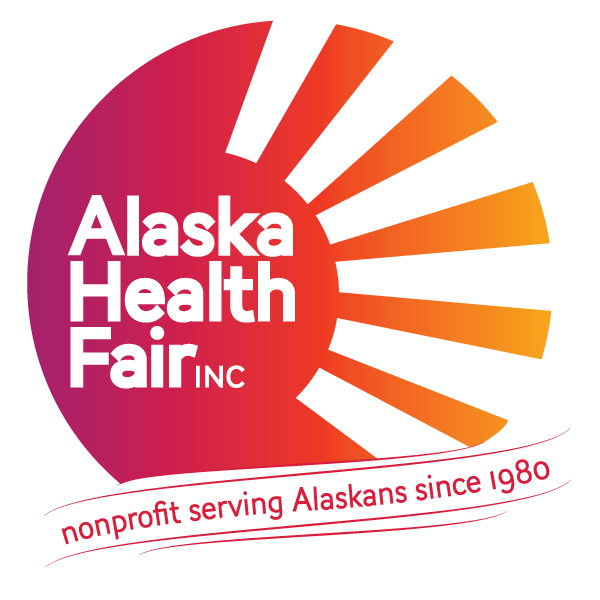Heart disease is a leading cause of death in the United States for both men and women. There are a lot of things you can do a lot to protect your heart and stay healthy. Since February is heart health month it is a good time to review what we can do to keep our heart healthy and prevent heart disease.
Heart-healthy living involves understanding your risk factors, making healthy choices, and taking steps to reduce your chances of getting heart disease. By taking preventive measures, you can lower your risk of developing heart disease that could lead to a heart attack. You can also improve your overall health and well-being.
The first step toward a healthy heart health is understanding your risk of heart disease. Your risk depends on many factors, some you can control and some you cannot control. Preventing heart disease starts with knowing what your risks factors are and what you can do to lower them.
Risk factors for Heart Disease:
- High blood pressure
- High cholesterol
- Overweight or obesity
- Prediabetes or diabetes
- Smoking
- Lack of regular physical activity
- Eating unhealthy food
- Family history of heart disease
Each risk factor increases your chance of developing heart disease. The more risks you have, the higher your overall risk. Risk factors such as family history, age and sex cannot be changed but you can modify other risk factors such as physical activity, healthy eating and smoking.
Blood Pressure
Blood pressure is the force of blood pushing against the walls of your arteries as your heart pumps blood. If this pressure rises and stays high over time, it can damage your heart and your blood vessels. Most adults should have their blood pressure checked at least once a year or more often if you have high blood pressure. Talk to your health care provider about how often you should check your blood pressure and what blood pressure measurement is right for you. The goal for most people is 120/80 or less.
Heart Healthy Eating
Heart-healthy eating involves choosing certain foods, such as fruits and vegetables, while limiting others, such as saturated fats and added sugars. Foods for a heart-healthy eating plan include fruits, vegetables, whole grains, fat free or low fat dairy foods and protein rich foods such as fish, lean meats, eggs and legumes as well as oils such as olive oil and nuts/seeds. These foods are the basis of the Mediterranean diet. Foods to limit include sodium (salt), saturated fat, added sugars, and alcohol. Adults and children over age 14 should eat less than 2,300 milligrams of salt a day. If you have high blood pressure or other health issues, you may need to limit sodium to 1500 mg per day.
Health Risks of Obesity
The more body fat that you have and the more you weigh, the more likely you are to develop heart disease, high blood pressure and Type 2 diabetes. If most of your fat is around your waist rather than at your hips, you are at a higher risk for heart disease and Type 2 diabetes. A waist circumference of more than 35 inches for women or more than 40 inches for men increases your risk. To measure your waist circumference, stand and place a tape measure around your middle, just above your hipbones. Measure your waist just after you breathe out.
If you have been diagnosed with overweight or obesity, it’s important to follow your health care provider’s recommendations for losing weight. Losing weight can lower your cholesterol, triglycerides and glucose levels in your blood, as well lowering your risk of developing Type 2 diabetes and improving blood pressure.
Physical Activity
Regular physical activity can help you lose excess weight, improve physical fitness, lower risk factors for heart disease and Type 2 diabetes, cancer and also helps with stress management. Even modest amounts of physical activity are good for your health. Aerobic exercise benefits your heart and lungs. This is any exercise in which your heart beats faster and you use more oxygen than usual, such as brisk walking, running, biking, and swimming. The more active you are, the more you benefit. The current recommendation is 150 minutes of moderate intensity physical activity per week. Try to move more and sit less during the day. Some physical activity is better than none.
Manage Stress
Stress can contribute to high blood pressure and other heart disease risk factors. Some of the ways people cope with stress — drinking alcohol, using other substances, smoking, or overeating — are not healthy ways to manage stress. Learning how to manage stress and cope with problems can improve your mental and physical health. Consider healthy stress-reducing activities such as physical activity, meditation, relaxation techniques, talking with friends, family, or a professional counselor. Smoking and excessive use of alcohol contribute to increased risk of heart disease. Call Alaska’s Tobacco Quit Line at 1-800-QUIT-NOW (1-800-784-8669) for help if you want to stop smoking.
Get Regular Health Screenings
High blood pressure, high cholesterol and Type 2 diabetes can damage your heart and blood vessels but without testing you probably won’t know you have these conditions. Regular screenings provided by Alaska Health Fair or your health care provider will tell you what your numbers are and your health care provider can tell you if you need to take action to prevent or correct these conditions.
Submitted by Linda Vlastuin
AHF Health Educator, RN
Resources:
National Heart, Lung and Blood Institute
Mayo Clinic
* * *
Get Affordable, Comprehensive Blood Tests at AHF Health Fairs
View event schedule and set appointment online here. Walk-ins are welcome!
Thousands of Alaskans take advantage of AHF‘s affordable blood tests each year. We offer this service in partnership with a top–rankingclinical laboratory used by local providers, and offered through AHF at nonprofit pricing.
- 27 panels – Comprehensive Blood Chemistry Screen – covers infection, anemia, liver disease, clotting ability, kidney and adrenal function, liver function, bone disease, tissue disease or damage, heart function, liver function, muscle function, coronary heart disease, & more – $45
- Thyroid Screen – $35
- Prostate Disease Screen – $25
- Vitamin D Screen – $50
- A1C diabetes – $25
- Blood Typing – $20
- More tests and details on our website, www.alaskahealthfair.org.
People with diabetes should not fast. Check with your medical provider for specific recommendations. You are encouraged todrinkplentyofwater and continue to take prescription medications. Credit cards, cash, and checks are accepted, and results aremaileddirectly to youwithin3 weeks. View detailed test descriptions.
About Alaska Health Fair, Inc.
Alaska Health Fair has been a trusted resource for the Alaska community since 1980. Our unique event model allows attendees to access free health education, free health screenings, and private, comprehensive, affordable blood tests. Every year, thousands of Alaskans attend our events in Anchorage, Fairbanks, Juneau and many other communities throughout the state. Come and join us to learn about the health and wellness resources available in your community; make attending Alaska Health Fair a family tradition!

